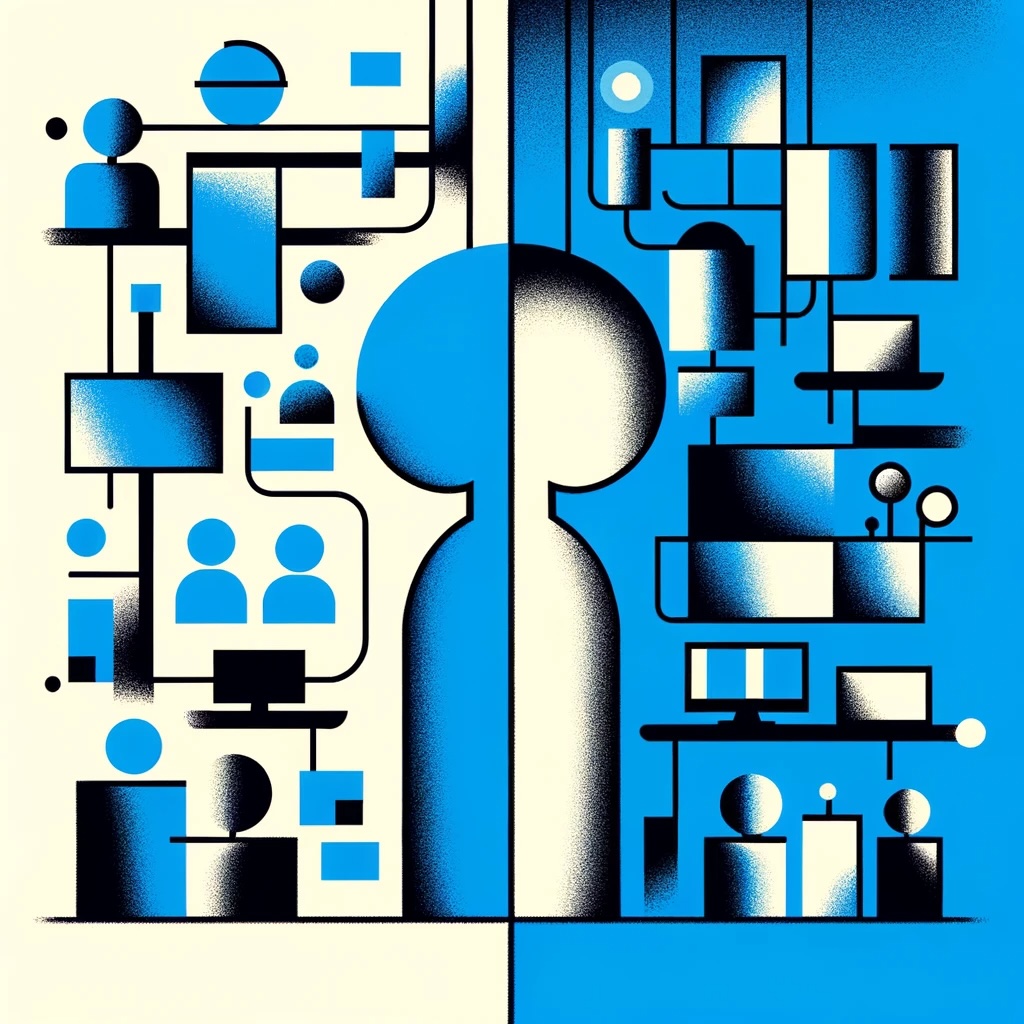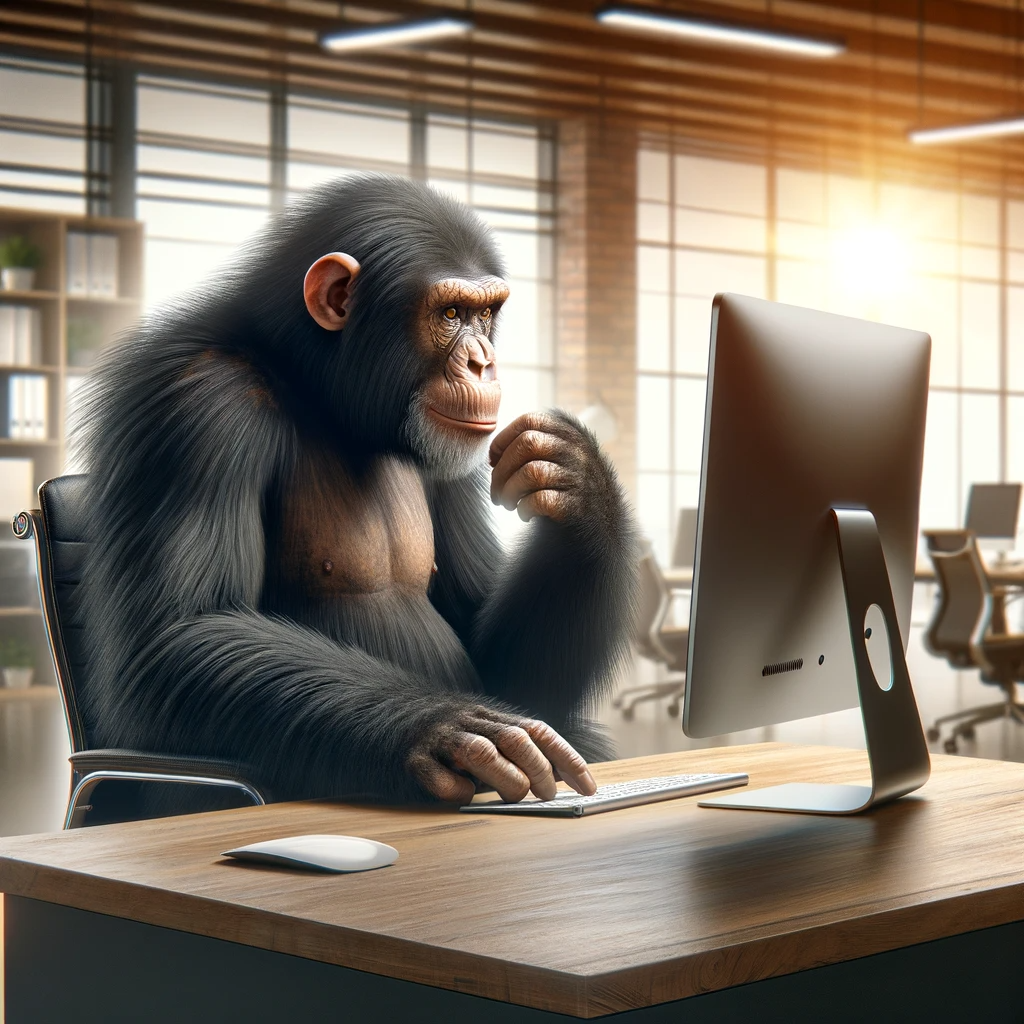
Have you ever noticed how quickly our world has changed with technology? One day we were talking with Nokia phones, the next everyone was posting on Instagram and the like. And the next big change might just be AI, or Artificial Intelligence.
The question is: should we be happy that AI is entering our lives, or should we eye it suspiciously from across the room?
AI is certainly the ideal helper when it comes to chatting and sharing interesting things. It can hold onto a mountain of information and find what we need in a few moments. Generative AI can now even read and digest for us. That’s why in the book The Amazing Journey of Reason, written by Mario Alemi, the co-founder of MrCall, we find the idea that human society is increasingly transforming into a network of brains connected by digital synapses. We as a species as a whole are becoming smarter because we are getting better at saving a trace of what we know and sharing it, just like neurons do in our brain, and proteins in our cells.
But there’s a problem – AI doesn’t intimately understand being human. It doesn’t understand, for example, our jokes, our dreams, or why so many people love kitten videos (we don’t understand that either…). That’s why we need to treat AI as a team project: involve thinkers, artists, and emotional people – not just technicians – to ensure that AI doesn’t become a party crasher. Otherwise, AI could become like an autoimmune disease, mistakenly attacking the very entity that produced it and was designed to protect it. This metaphor serves as a reminder to align AI’s capabilities with humanity’s wellbeing rather than its potential harm.
Let’s say AI should be like our right hand, not the other way around. It shouldn’t be humans “training” algorithms with “likes” and “dislikes” to teach them which image sells more (it’s always the kittens in the end).
Otherwise, we risk ending up chatting with bots instead of other humans. AI is like any other powerful tool – to be handled with care.
So, what’s the situation? It’s really up to us to decide – AI is like a river. Channeled correctly, rivers have nourished civilizations, empowered communities, and created pathways to unexplored knowledge. But if left unchecked, rivers can flood and irreparably damage the very city they made great.
It should be our hands, and not just those invisible ones of the market, guiding the development of such powerful technologies. Nuclear energy has brought well-being where it has been used well, but disasters where it has been used poorly. And missed wealth where it has been rejected.
